#FeesMustFall: The battle for free education in South Africa
#FeeMustFall is the continued fight for Free Decolonized Education in South Africa. What does it mean for the country’s students, three years into the battle?
November 6, 2017
The continued fight for “Free Decolonized Education” began again in South Africa.
For the third year running, academic activities have been disrupted by students and for nearly two weeks at several universities across the country.
The problem lies within the alleged unfulfilled promise of free education made by South Africa’s ruling party, the African National Congress (ANC) in the declaration of its freedom charter document created in 1955.
With the fee increment announcement looming large in South African universities, students at the University of the Free State (UFS), University of Cape Town (UCT) and Cape Peninsula University of Technology (CPUT) began a fight for education by protesting in their respective campuses and using the hashtag, #FeesMustFall to spread the word.
The movement that began in 2015 at the University of the Witwatersrand in Johannesburg has catapulted the #FeesMustFall effort to become the largest student-led movement in South Africa.
South Africa’s education is seen by most people as too expensive and out of line in a country where the average income is 88,000 rand ($6,600). The first year of study for some universities would cost as much as 60,000 rand ($4,243,00)
According to News24, of South Africa, the CEO of South African Universities, Prof. Ahmed Bawa said an increase of 8 percent for 2018 academic year was most likely to happen for most universities.
“We have actually taken a sector-wide approach to indicate that universities would need an 8 percent fee increase simply as a starting point to balance budgets,” Bawa said.
While protests are a democratic way of showing dissatisfaction, they do not often end well for the students involved in the #FeesMustFall movement.
Over 600 students have been arrested for their roles during these protests since 2015.
Moreover, many South Africans view this fight as a losing battle for students. However, students are optimistic that free education is on its way.
We spoke to Lauren Kansley, a liaison at Cape Peninsula University of Technology (CPUT) who said that academic activities will continue as scheduled despite protests.
“We have put the appropriate measure of security in place for the assessment period. Safe assessments are our top priority and the security measures are constantly being re-evaluated accordingly,” Kansley said.
According to a University of Cape Town spokesperson, Elijah Moholola, the University of Cape Town executive is engaging with student leadership to find resolutions to the issues raised by students.
“Most of the issues in a memorandum handed to the executive last week have been addressed while others are in the process of being addressed,” Moholola told Northeast Valley News. “UCT has approached the Western Cape High Court to apply for an interdict against any disruptive and unlawful protest action,” Moholola said.
Asiphe Saul, a student at the University of Cape Town said the on-going protests at the institution have not affected the institution that much.
“It is going fine at the moment. Face to face classes are suspended for Monday and Tuesday. The strike is there, but it is not harming,” Saul said.
According to Eyewitness News, one of the students’ demands is the release of the report by Fees Commission which details whether South Africa can finance free education or not.
The UCT students’ leader, Sinawo Thambo was quoted in the publication expressing his dissatisfaction on the delay of the report.
“This is something that we have been told to wait for, even when we’re protesting we’re told we’re being impatient, we’re being irrational,” Thambo said.


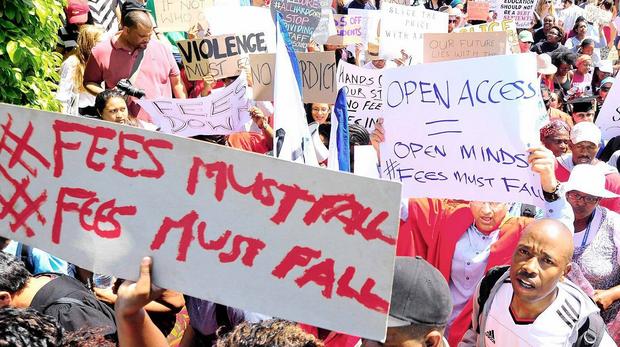
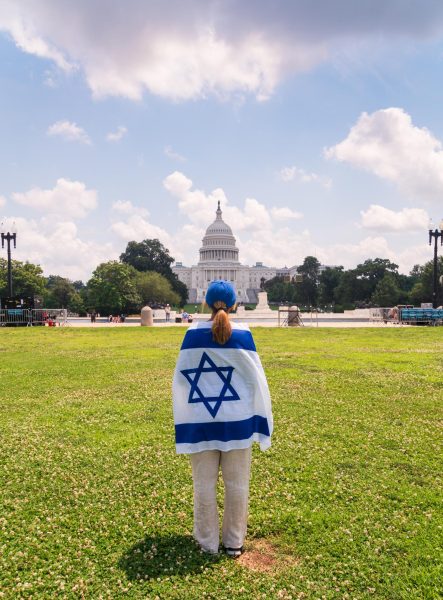
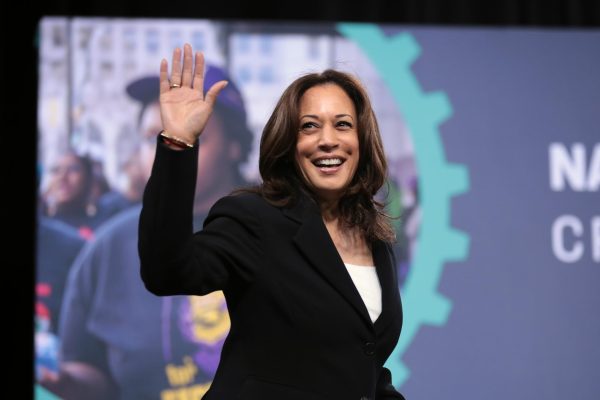
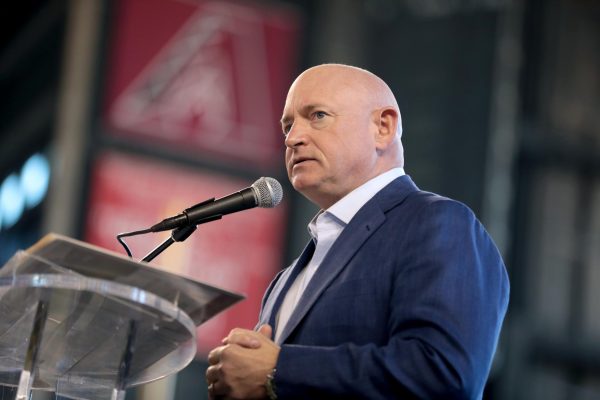

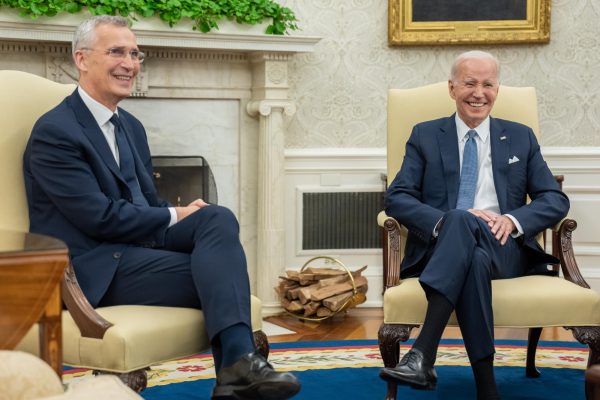
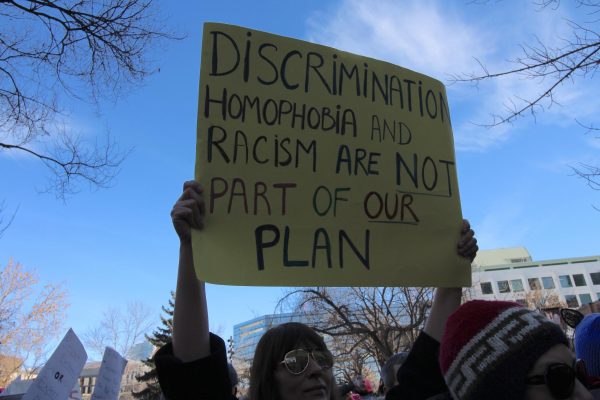
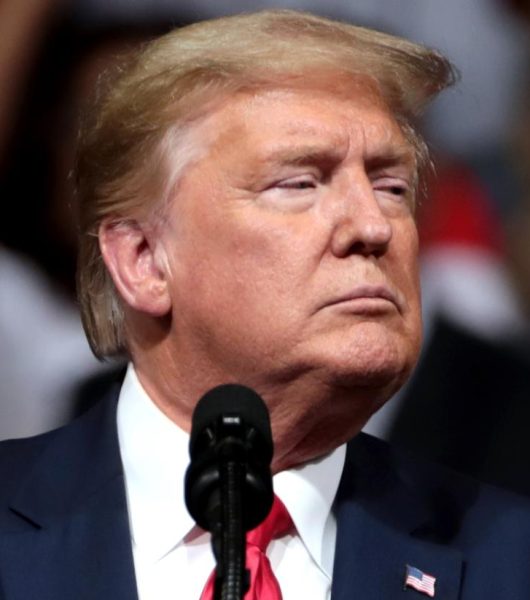
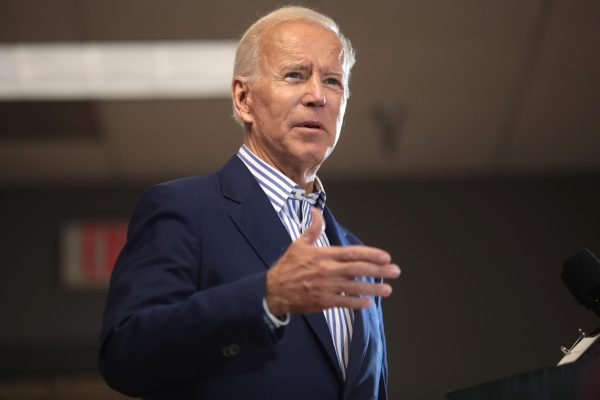
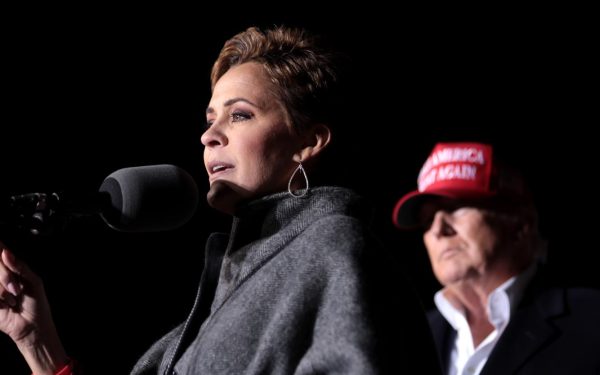
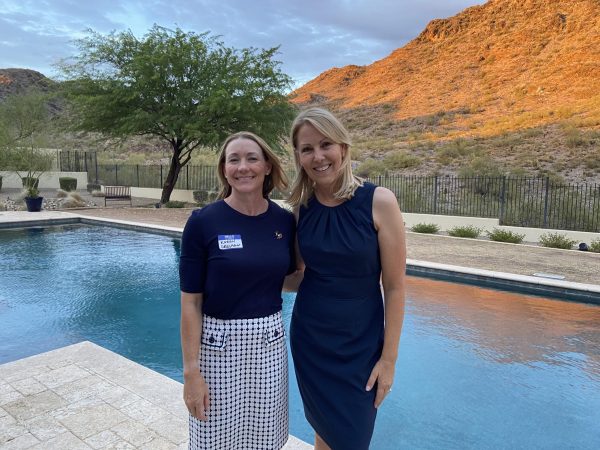
Megan Young • Nov 15, 2017 at 10:23 am
Nice coverage, Sandile! This made the issue make more sense for me.